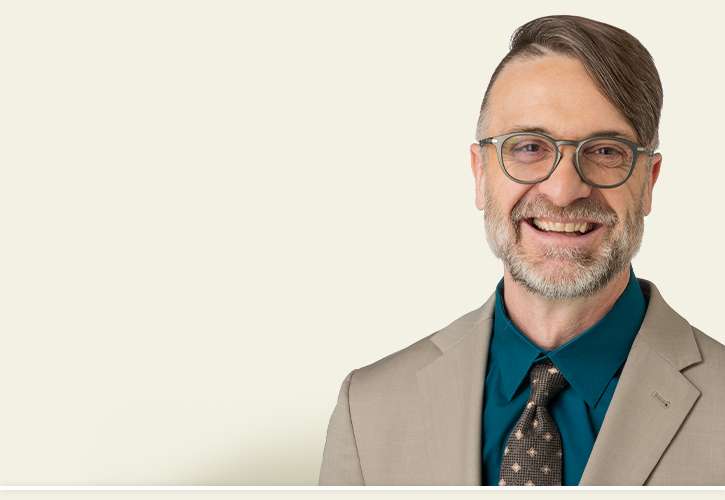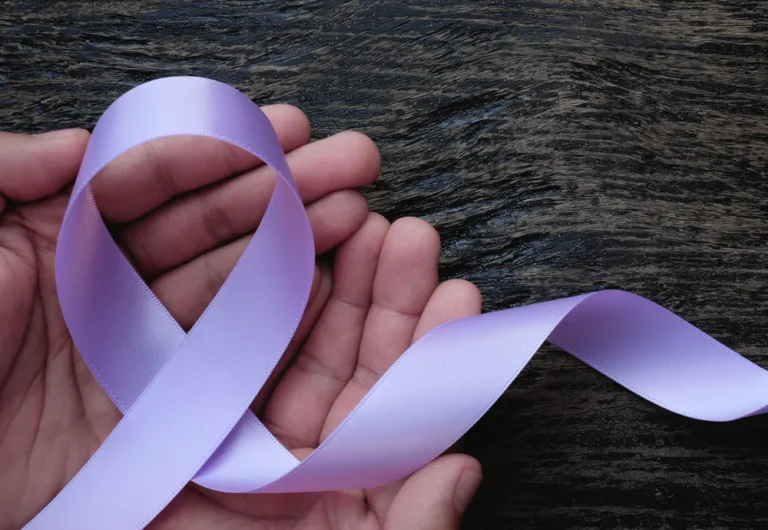We talk about cancer in warlike terms. Patients “battle the disease”.
Physicians treat “aggressively”. In 1971, President Nixon “declared war on cancer” by signing the National Cancer Act which created much of the current research structure. Without this bellicose spirit, we may never have re-imagined cancer as an enemy to be defeated rather than a shameful curse to be borne in silence.
But if we continue to think only in this simplistic way, we must conclude that we’re already in a stalemate. I think it’s past time for cancer treatment to get a better metaphor.
For three generations, cancer medicine resembled Winston Churchill’s philosophy of World War II; we poured toxic drugs into patients until every cancer cell was “sponged and purged and, if need be, blasted from the surface of the earth”1. For a handful of highly curable and very chemotherapy-sensitive cancers, this can still work: testicular cancer, many lymphomas, and some leukemias, for instance. But we’ve learned the hard way that more treatment doesn’t always give better results. Sometimes more treatment only increases side effects, not cure rates.
Treating cancer requires us to carefully balance the side effects of treatment against a realistic expectation of results. Modern cancer survivors experience far fewer side effects and hospitalizations than in the early days of cancer medicine, and live better and longer than ever before. This is because supportive care is better than ever before, and because the kind of “scorched earth” tactics that defined cancer medicine of the last century is largely a thing of the past.
Another revelation: cancer, far from being an invasion, is one of the natural perils of aging. And it’s one of the more common ways multicellular organisms (like humans) die. Read Mark Wolverton’s recent article in Wired for a nuanced view of the topic.
This is not an admission of defeat, but merely a change in tactics. There are many cancers that patients can live with quite well, needing only periodic treatment. Prostate cancer, sluggish types of lymphoma, and some forms of breast cancer can behave like this. Many newer drugs are aimed at stopping growth, rather than eradicating; the cancer isn’t cured, but the cancer isn’t growing or making patients sick, either.
- Prime Minister Winston Churchill’s Speech to the Allied Delegates, James’s Place, London, June 12, 1941. http://www.ibiblio.org/pha/timeline/410612bwp.html







